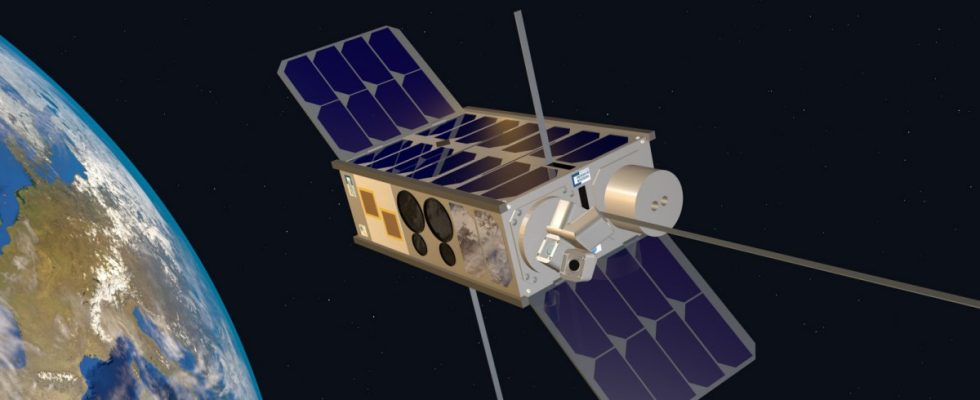As small as a shoebox, but equipped with technology for future missions in the solar system: With artificial intelligence (AI) on board, a small satellite from the University of Würzburg was successfully launched into space from California.
A number of experiments are planned, said space engineer Hakan Kayal on Tuesday in Würzburg. The aim is to detect phenomena in space on later missions, such as anomalies on planets or asteroids. The satellite was placed in orbit on Tuesday night.
“As planned, we were then able to successfully make contact with the satellite in two passes,” explained the researcher. “In the following days we will continue with the initial test procedures and gradually check all subsystems of the satellite.”
The nanosatellite called Sonata-2 is now intended, among other things, to examine geological formations on Earth or areas such as the Sahara desert and automatically report anything unusual to the scientists. “The image data is evaluated on board using AI,” explained Kayal. In future interplanetary missions, for example, unexpected, short-term luminous phenomena in the solar system could be detected.
The satellite, which was launched from Vandenberg Air Force Base on a rocket and many other satellites, is equipped with four cameras. According to Kayal, the AI will be trained on board for the first time. Such training normally takes place on Earth using powerful computers.
“The satellite is about the size of a shoebox,” said the scientist. 30 by 20 by ten centimeters, weighing about twelve kilograms. According to Kayal, Sonate-2 is the largest Bavarian satellite ever to reach space. Scientists hope that it will function for at least a year at an altitude of around 500 kilometers above Earth. It should later burn up in the atmosphere and not end up as space debris. The university’s research project is supported by the Federal Ministry of Economics with 2.6 million euros.

